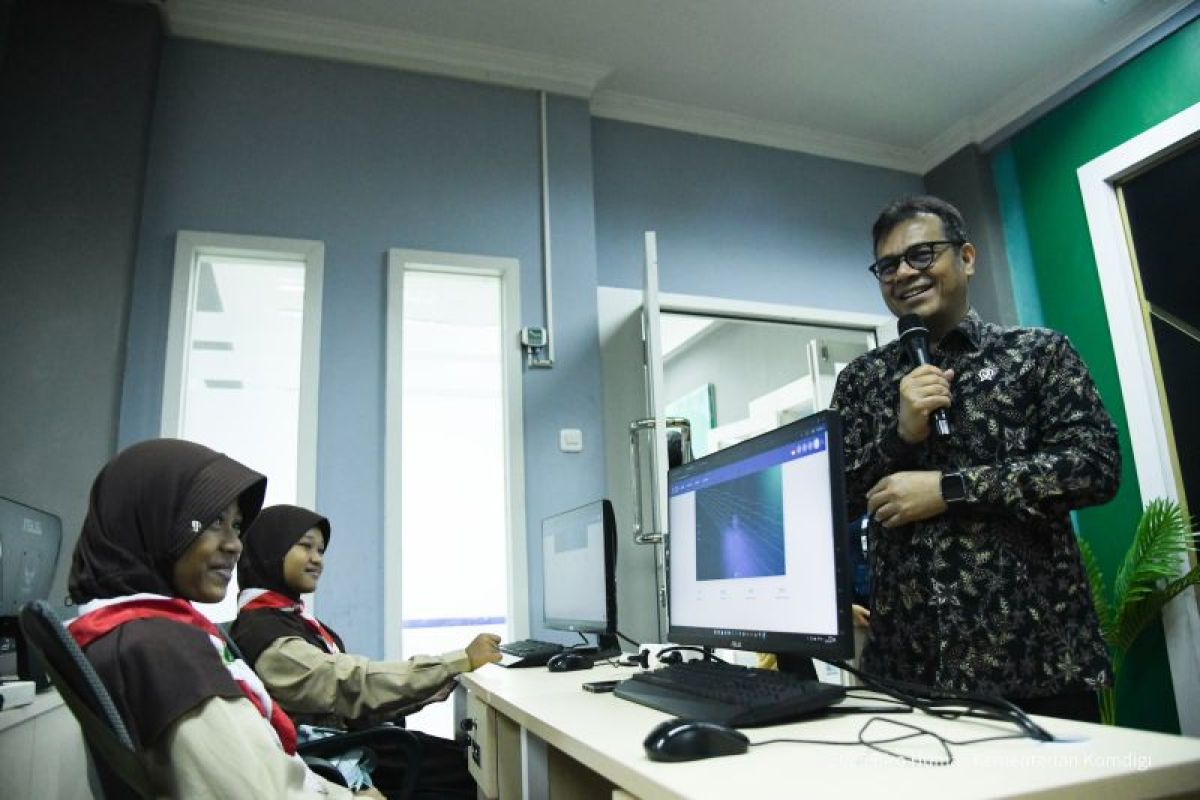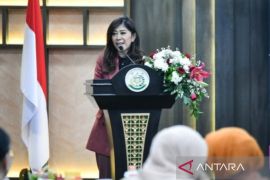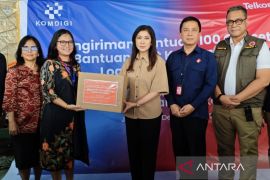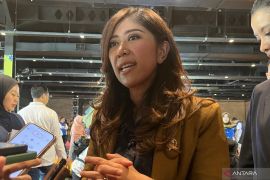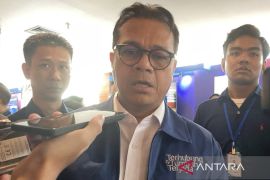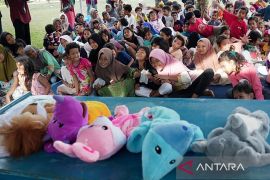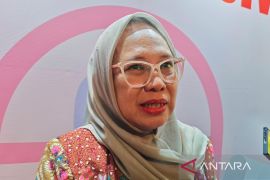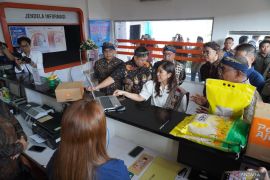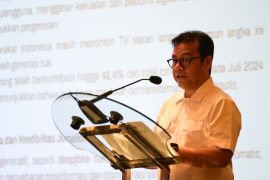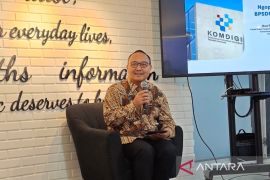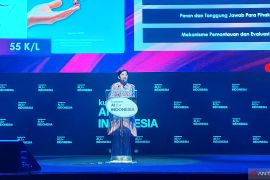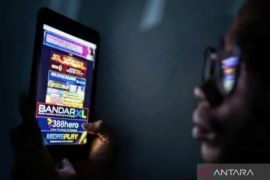"I think this meets the need to improve our digital talent in the future. Thus, since elementary school, they have been taught, have recognized, and already understand how digital applications work,” Deputy Minister of Communication and Digital Affairs Nezar Patria noted in his statement on Wednesday (February 19).
The digital talent training was recently conducted for elementary school students at the ministry’s Human Resources Development Agency Office in Yogyakarta by involving 50 fifth-grade students of Pangukan Sleman Elementary School.
The visual coding training was carried out with the Learning Management System or Scratch application.
According to Nezar, such an activity is a good step toward providing participants with a foundation of computing knowledge from an early age, enabling them to understand visual coding better as they progress through the school years.
"The target is that coding is introduced from grade 5 of elementary school because this is also preparation for them to get the basic of coding training. Later, in grade 6, they can continue learning, and after graduating from junior high school, they are expected to have better ability to practice coding,” he explained.
During the initial training, elementary school students are expected to understand programming knowledge with simple illustrations easily.
Nezar emphasized the government's commitment to improving digital skills in line with rapid and dynamic technological developments.
He underscored the need for training and education to narrow the gap in knowledge and digital skills among members of Indonesian society.
"This is also what UNESCO identified when they conducted a kind of survey to see Indonesia's readiness to adopt the developing technology, especially artificial intelligence (AI)," he explained.
According to Nezar, the Readiness Assessment Methodology Artificial Intelligence (RAM AI) by UNESCO for Indonesia identified three critical challenges: the digital divide, digital infrastructure, and AI research and development.
To capitalize on opportunities within the AI sector, it is essential for the government to address these challenges systematically.
Translator: Livia Kristianti, Yashinta Difa
Editor: Rahmad Nasution
Copyright © ANTARA 2025
